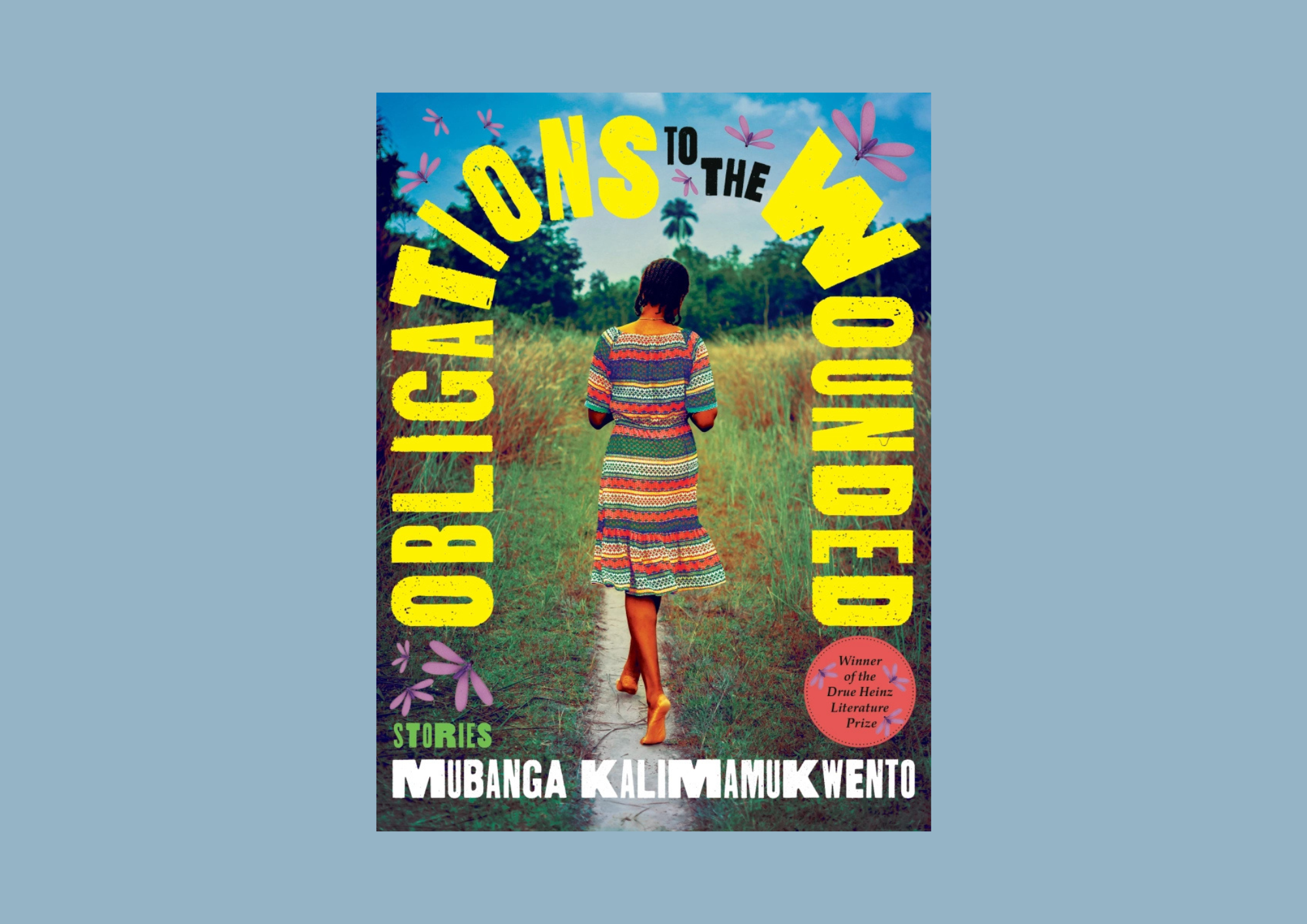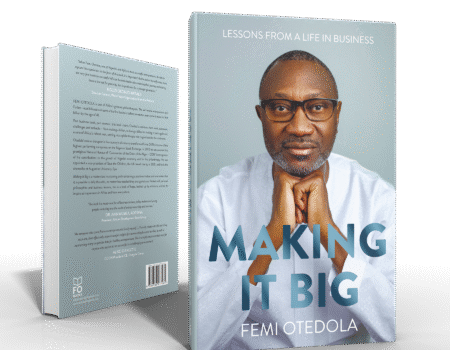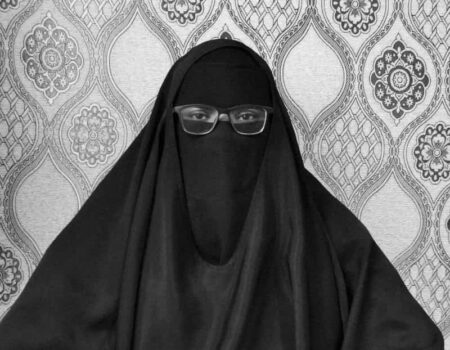Obligations of the Wounded by Mubanga Kalimamukwento is an exceptional collection of short stories that paints the different colours of being a Zambian. With 16 tales, Mubanga delves in to highlight the complexities of Zambian women’s experiences. With piercing emotions, Mubanga creatively knits together themes of love, loss, trauma, identity, culture, and belonging. Obligations of the Wounded truly embodies the truth that the African man is a villager, and the upside and downside of this communal lifestyle.
Obligations of the Wounded is like that music that you don’t want to listen to because it mirrors your heart, but you can stop yourself from pressing play. One of the unique features of this beautiful collection is its lyrical prose and prose poetry language. Mubanga’s writing is emotive, immersive, and simultaneously heartbreaking. Mubanga’s use of language is deliberate and intentional. Her words conjure vivid images that stick to your memory like a music on repeat.
The stories themselves are expertly crafted as each one is a nuanced exploration of the woundeds’ condition. With stories like “A Doctor, A Lawyer, an Engineer, or a Shame to the Family”, Mubanga explores the struggles of traditional familial expectations. Using dynamic stories like “Hail Mary” and “Speaking English”, Mubanga peeks into the troubles of identity clashes and being a Zambian in foreign countries. From the struggles of navigating family norms to the fragility of love and relationships, Kalimamukwento’s characters are multidimensional and relatable. They are flawed, vulnerable, and, above all, human.
In “Where is Jane”, Mubanga enunciates the trial of being the first daughter of a single mother. The story captured the struggles of being an assistant mother; a task that runs beyond taking care of her brother to completing her mother’s bedroom chore. “Where is Jane” takes one through the thought process of why and how people choose the peace of death over the chaos of living.
In stories like “Chess Pie”, “Azubah”, and “It Will Be Beautiful Again”, Mubanga reveals how daughters spend almost all their lives seeking their mothers’ validation. These stories highlight struggles of motherhood, and the evolution of what motherhood means from generation to generation. Above all, the stories paint the hope that trails every canvas of tribulations.
“Bailey Lies” addresses the dichotomy between born and bred Africans and Diaspora Africans. It draws circles around the struggles of claiming Zambia, Africa and the identity smear that is left. The belief that ‘Africaisacountry’ has lived on for so long, but Mubanga subtly tells the African truth while pinching other issues like sex for promotion and the struggles of young women in the corporate world. Mubanga also sensitively touches on difficult subjects like child trafficking. Obligations of the Wounded manage to address the harsh realities of life in the most subtle way possible.
What resonated with me the most was the way Mubanga confronts the complexities of identity, culture, and belonging. She manages to make the reader feel seen, known, and understood. Her stories remind us that our experiences are shaped by our histories, our communities, and our individual struggles, that our lives are for us, that we can still choose peace in chaos, that we can choose love in war, and that we can, should, and must always choose ourselves. Most importantly, the reminder that your family, blood or not, will always have your back; in your way or in their way.
The collection’s title, Obligations of the Wounded, is a poignant reflection of the responsibilities we carry as individuals and as members of our communities. Mubanga’s characters are often wounded, scarred by their experiences, and yet, they persevere. They find ways to heal, to love, and to forgive, even in the face of adversity.
Overall, Obligations of the Wounded is a stunning read. It is quiet yet loud, calm yet angry, mute yet talkative, short yet bulky, stoic yet emotive, and a balance of all that you want. If you’re looking for a thought-provoking and deeply moving read, this is a must-add to your list. If you like books that make you feel like the character, you’ll enjoy this. Because you, I, and us, are all wounded in a way.
On a scale of 1-5, 5 being the highest, I’ll rate the book a 4.5.
Sakeenah Kareem
Sakeenah Kareem is a poet, storyteller, and book reviewer based in Ibadan, Nigeria. She loves to tell stories that change narratives and she enjoys reviewing proses and literary pieces.





